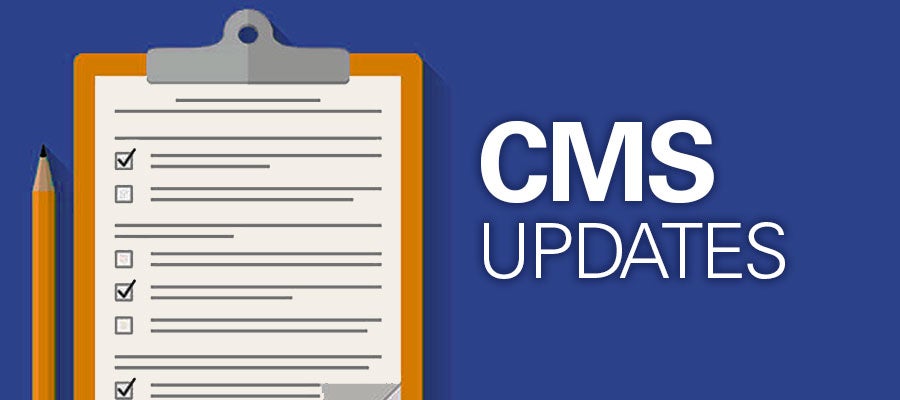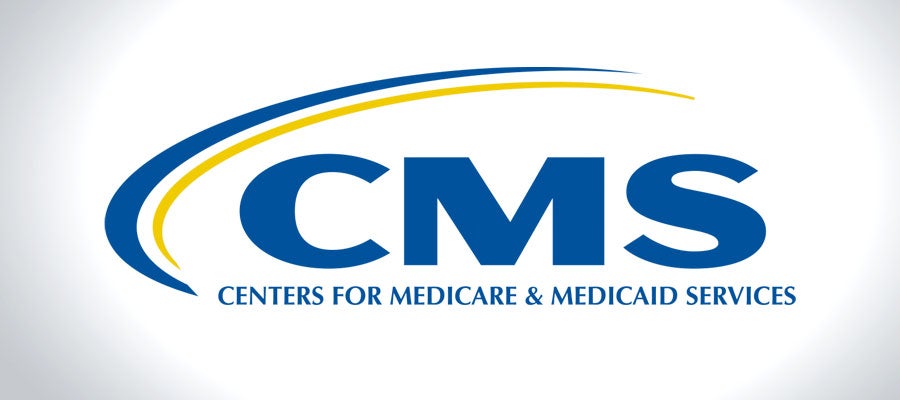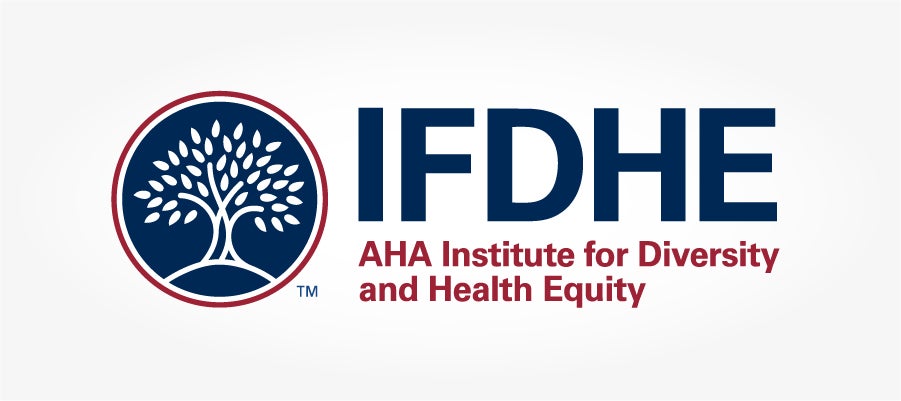
The AHA urged the Centers for Medicare & Medicaid Services to withdraw a proposed rule related to Medicaid program financing and supplemental payments because it would “severely curtail the availability of health care services to millions of individuals” and “many of its provisions are not legally permissible.”






